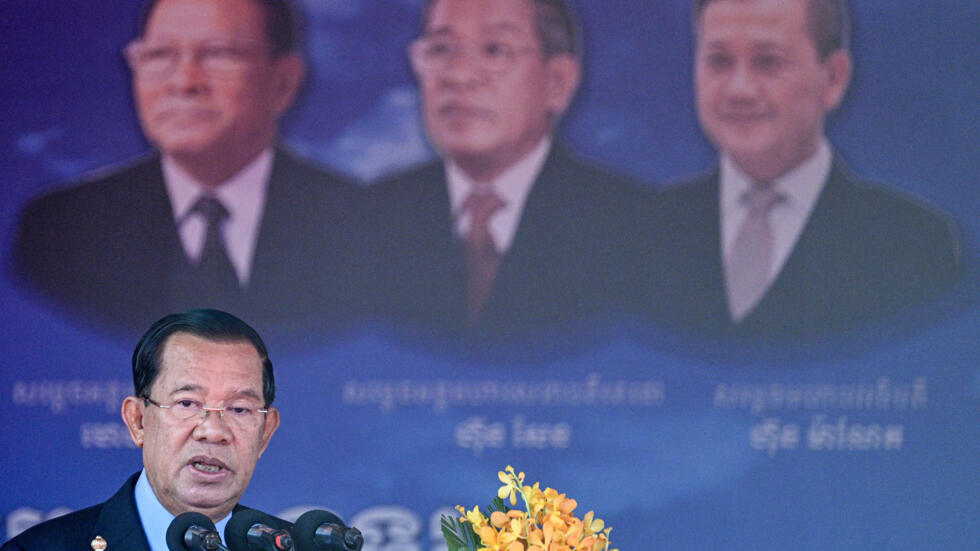Cambodia to impose tougher penalties on people who deny Khmer Rouge crimes
The National Assembly approved a bill that provides for up to five years in prison for anyone who questions the atrocities of the Pol Pot regime. The measure comes a few months before the 50th anniversary of the Khmer Rouge seizure of power. For observers, the law could also be used to repress political dissent.
Phnom Penh (AsiaNews/Agencies) – Cambodia's National Assembly has unanimously approved a bill that increases penalties for people who deny crimes committed under the Khmer Rouge regime.
The law would impose sentences of up to five years in prison and fines ranging from ,500 to 5,000 for people who “deny the truth of the bitter past.”
The declared objective is to prevent the recurrence of similar atrocities and to guarantee justice to the victims of the regime that ruled between 1975 and 1979, causing the death of almost two million people from hunger, forced labour and mass executions.
However, for some observers, this law might yet be another tool to repress internal dissent.
All 115 Members of Cambodia’s lower house of parliament voted in favour of the bill, which will now be sent to the Senate for approval before becoming effective with the formal royal assent of King Norodom Sihamoni.
The proposed legislation comes a few months before the 50th anniversary of the Khmer Rouge takeover on 15 April 1975.
The new law replaces a similar piece of legislation introduced in 2013 by then-Prime Minister Hun Sen, who left office in 2023 in favour of his son Hun Manet, and today holds the position of president of the Senate, still exerting some influence on the government.
The previous law provided for lighter penalties – from six months to two years in prison and fines of up to ,000 – and was passed after an opposition member questioned the authenticity of some evidence about the regime's atrocities, claiming they were fabricated by Vietnam.
According to the official draft approved by the National Assembly, the law punishes individuals who do not recognise, deny or object to the recognition of proven crimes in legal proceedings conducted by the UN-assisted tribunal.
The Tribunal, set up in 2009, ruled that the Maoist regime led by Pol Pot had committed genocide, crimes against humanity and serious violations of international humanitarian law.
Some observers now fear that the new law could be used by the current government to tighten political control and further suppress dissent.
Human rights groups have accused Hun Sen of using the courts to eliminate opposition during his 38 years in office, and see this as another potential tool to stifle critical voices.
Most Cambodians do not question the responsibility of the Khmer Rouge for the crimes committed between 1975 and 1979.
Yet, Hun Sen, who first proposed a revision of the law in May last year, raised the possibility that his political opponents could instigate a "colour revolution" (like the uprisings that took place in Ukraine and other former Soviet states) and drag the country into a new period of violence.
15/07/2022 16:43







.png)










